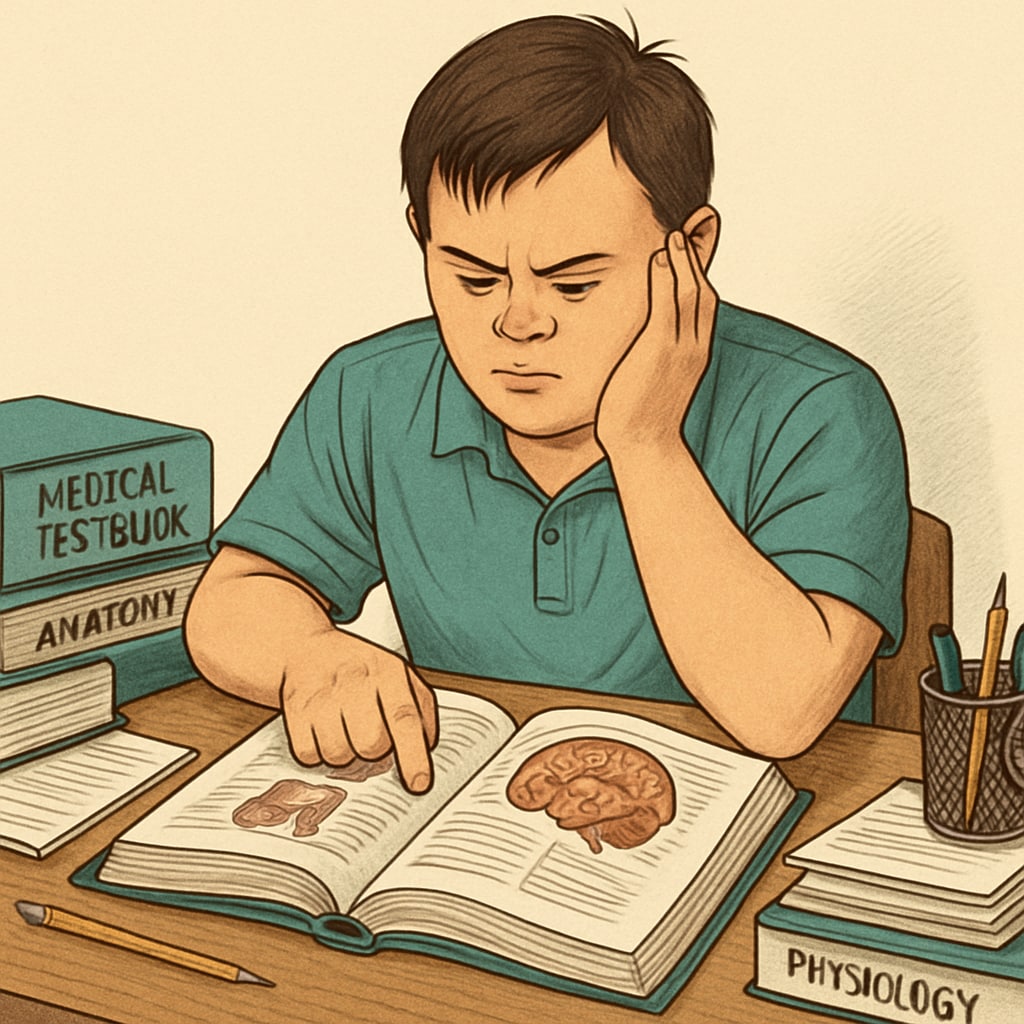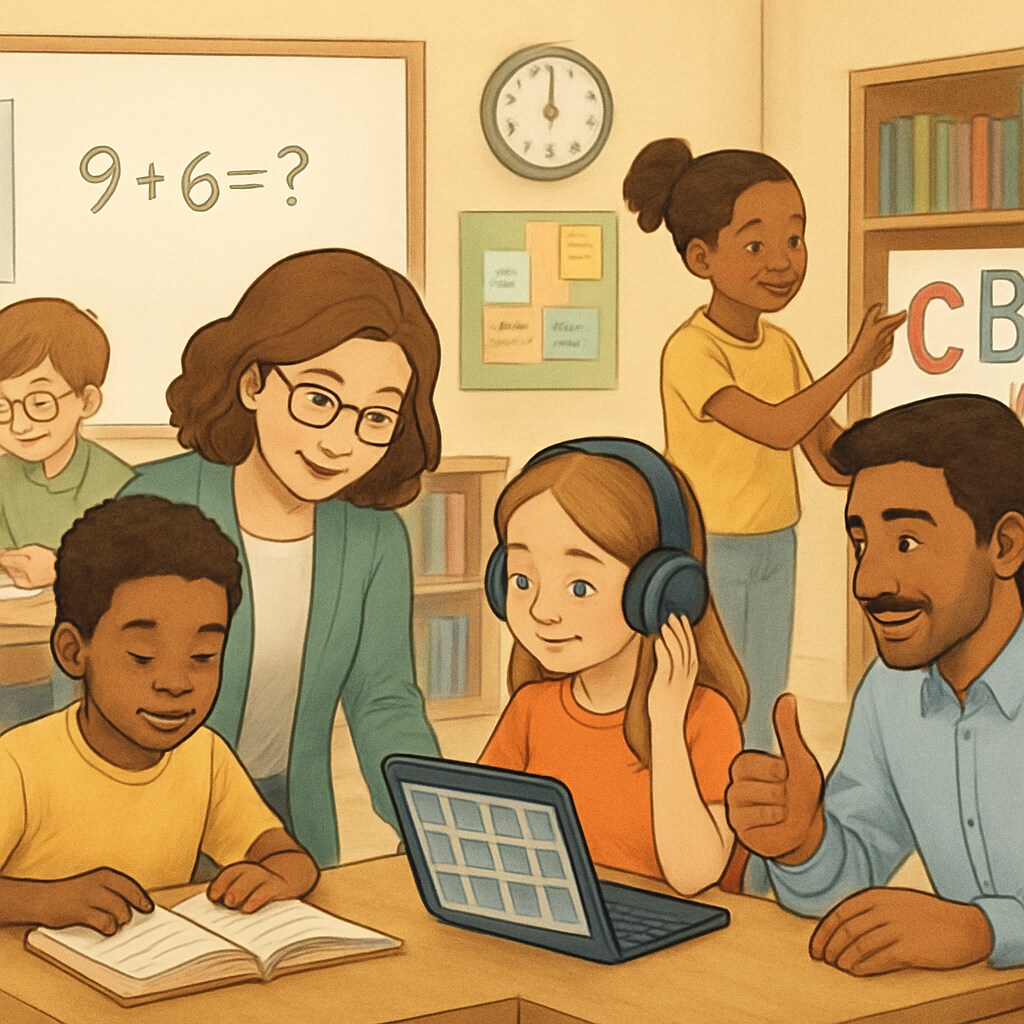In today’s competitive academic world, pursuing a medical career is an uphill battle for anyone. For those with learning disabilities, the challenge is amplified by systemic limitations and societal misconceptions. The journey to realizing a medical dream often involves navigating a demanding education system that is not designed to accommodate non-standard learners. These individuals face unique struggles but also demonstrate remarkable resilience and determination.
Understanding the Educational Challenges for Learning Disabilities
Learning disabilities encompass a range of neurological conditions that affect how individuals process information, including dyslexia, ADHD, and dyscalculia. Despite their intelligence and passion, students with these conditions often struggle in traditional educational settings that prioritize standardized testing and rigid curricula. As a result, pursuing a complex field like medicine can feel insurmountable.
For example, the rigorous memorization and analytical skills required in medical studies can pose significant obstacles for someone with dyslexia. Furthermore, students with ADHD may find the long hours of focused study overwhelming. These challenges are compounded by a lack of tailored support and understanding within many educational institutions.

Systemic Limitations in the Education System
Despite growing awareness of learning disabilities, many education systems remain ill-equipped to support these students effectively. Traditional teaching methods and grading systems often neglect the diverse ways in which people learn. Accommodations like extended test times or alternative assessment methods are helpful but insufficient to address the broader systemic issues.
Additionally, societal stigma around learning disabilities can discourage students from seeking the help they need. Parents, educators, and peers may unintentionally reinforce the notion that these individuals are less capable, further diminishing their confidence.
To overcome these barriers, institutions must adopt inclusive strategies that embrace neurodiversity. This means rethinking curricula, integrating technology, and providing specialized training for educators.

Strategies for Supporting Medical Aspirants with Learning Disabilities
Although the challenges are significant, there are actionable strategies that can empower students with learning disabilities to pursue their medical dreams:
- Personalized Learning Plans: Tailored curricula that cater to individual strengths and weaknesses can help students excel.
- Assistive Technology: Tools like text-to-speech software, digital note-taking apps, and organizational platforms can make studying more accessible.
- Mentorship Programs: Pairing students with mentors who have overcome similar challenges can provide inspiration and practical guidance.
- Advocacy and Awareness: Promoting awareness about learning disabilities within educational institutions can reduce stigma and foster acceptance.
For example, organizations like the International Dyslexia Association offer resources and support tailored to students pursuing higher education. Similarly, universities that prioritize accessibility and inclusivity are paving the way for future generations of medical professionals.
Redefining Success for Learning Disability Students
Success in education should not be measured solely by grades or test scores. For students with learning disabilities, reaching their potential often means redefining traditional metrics of achievement. Persistence, creativity, and adaptability are qualities that these individuals bring to the table, and they can be valuable traits in the medical field.
By fostering an environment that values diverse learning styles, society can enable these students to thrive and contribute meaningfully to fields like medicine. Their unique perspectives and problem-solving skills may ultimately enrich the profession.
As a result, the pursuit of a medical dream by individuals with learning disabilities is not only a testament to personal resilience but also a call for systemic change in education. By embracing inclusivity, we can empower future doctors to succeed against all odds.


